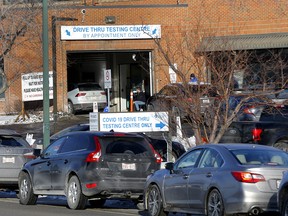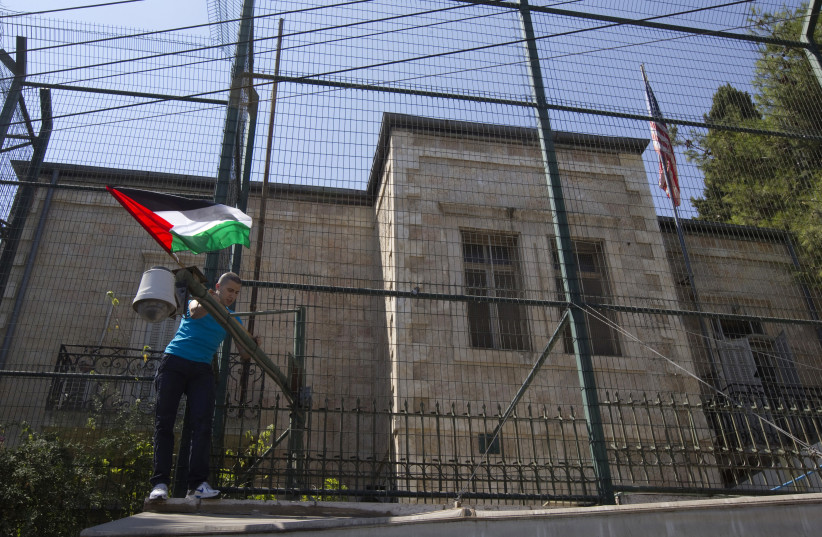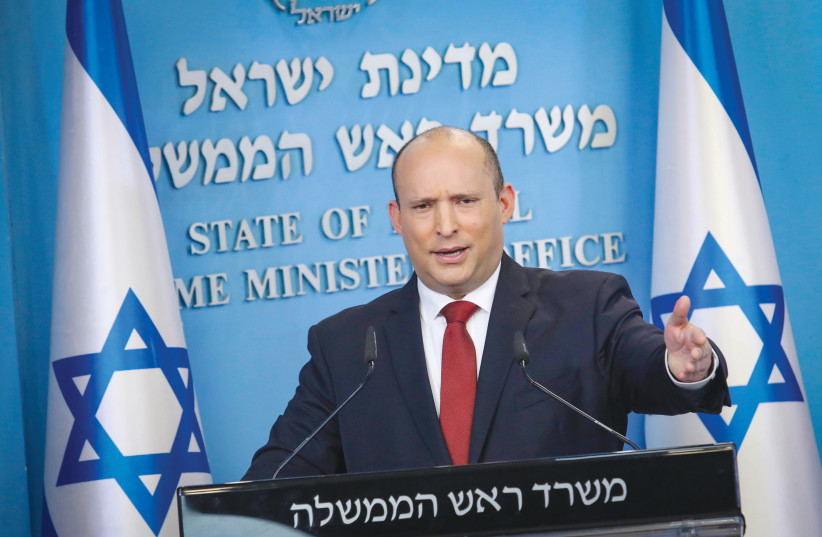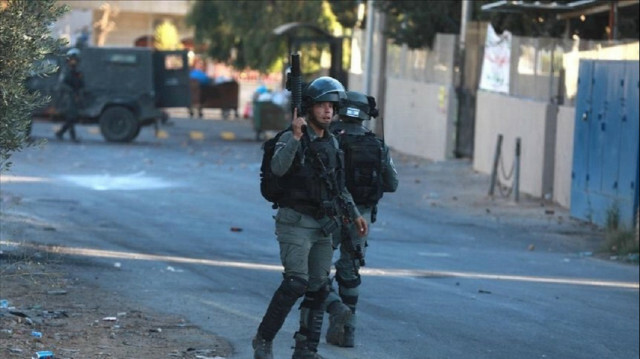Canada tops two million COVID-19 cases; concerns raised about lack of Alberta data over holidays
'It's a sad state of affairs when we have to get COVID data from the black market'
Michael Rodriguez
Publishing date:Dec 27, 2021 •

Canada has officially logged more than two million reported cases of COVID-19 since the start of the pandemic as health-care workers brace for a possible post-holiday spike driven by the fast-spreading Omicron variant.
The government of Canada’s health website says the total case count was 2,000,976 as of Boxing Day. The website wasn’t updated over the holiday period.
As high as the official figures are, health-care analysts have said the real number of infections is likely far higher. Several provinces have asked people to get tested only if they have symptoms as hospitals and centres have reached their testing limits. Alberta has suggested most people should be using rapid antigen tests instead of booking an appointment for a PCR test to conserve supply for high-risk individuals.
While Ontario, Quebec and Manitoba each reported thousands of new cases on Monday, Alberta hasn’t released COVID-19 data since Dec. 23, which has some doctors and politicians crying foul.
“There are rumours floating of more than 6,000 COVID cases over the past four days,” Alberta Opposition Leader Rachel Notley tweeted on Monday.
“We need to know that these figures are right and then we need a plan to get through this. Time for real leadership today. We can’t afford to wait any longer.”
The talk is stemming from a Twitter account called BedHuntersAB , which has posted case numbers via data it received from what it only refers to as a “verified source” every day since Dec. 23. The account has reported 6,718 cases of the virus over the four days. On Monday, it stated 324 people are hospitalized with the virus, of whom 54 are in ICU.
“It’s a sad state of affairs when we have to get COVID data from the black market,” tweeted emergency physician Dr. Chuck Wurster on Sunday.
“It’s even worse that these figures are certainly a huge underestimation of actual cases, as our government has told Albertans to use unobtainable rapid tests instead of PCR swabs.”
Some are saying that those “whisper numbers” will likely be in line with the official ones set to be revealed on Tuesday by Alberta’s chief medical officer of health Dr. Deena Hinshaw.
“I trust the numbers that they’re getting,” said Calgary-based emergency physician Dr. Joe Vipond.
“Reality-wise, if you have symptoms of COVID, you probably have COVID now.”
Vipond said the numbers are a mixed bag. He said it’s good news that hospitalizations and ICU patients aren’t going up, but the case counts are “a disaster.”
The latest available official data from the province, released Dec. 23, showed 8,359 active cases of COVID-19 in Alberta. Of those, 318 were hospitalized, 64 of whom were in intensive care. Of almost 12,000 tests completed on Dec. 22, 1,625 were positive, for a positivity rate of 13.6 per cent.
The uptick in cases noted across the country has renewed concern over beleaguered health-care systems’ ability to handle an influx of sick patients.
Linda Silas, head of the Canadian Federation of Nurses Unions, said the “big bump” is usually seen two weeks after exposure to the virus, and expressed worries that holiday gatherings could lead to hospitals becoming overwhelmed with new cases.
“We are all bracing for that with fear, and with our fingers and toes crossed,” she said in an interview Monday.
Two live updates from Alberta health and government officials are scheduled for this week, on Tuesday and Thursday, but new case data won’t be posted online until Dec. 29. Regular reporting will resume on Jan. 4.
— With files from The Canadian Press







 THE UK GOVERNMENT has announced a new consultation on its ‘Climate Compatibility Checkpoint’ which will assess the impact of future offshore oil and gas developments on the climate crisis.
THE UK GOVERNMENT has announced a new consultation on its ‘Climate Compatibility Checkpoint’ which will assess the impact of future offshore oil and gas developments on the climate crisis. THE INTERNATIONAL COMMUNITY must hold Israel to account for its 54-year occupation of Palestine, a UN human rights expert said on 23 December 2021, five years after the UN Security Council passed a resolution calling for an end to all settlement activities in Palestinian territories.
THE INTERNATIONAL COMMUNITY must hold Israel to account for its 54-year occupation of Palestine, a UN human rights expert said on 23 December 2021, five years after the UN Security Council passed a resolution calling for an end to all settlement activities in Palestinian territories.

